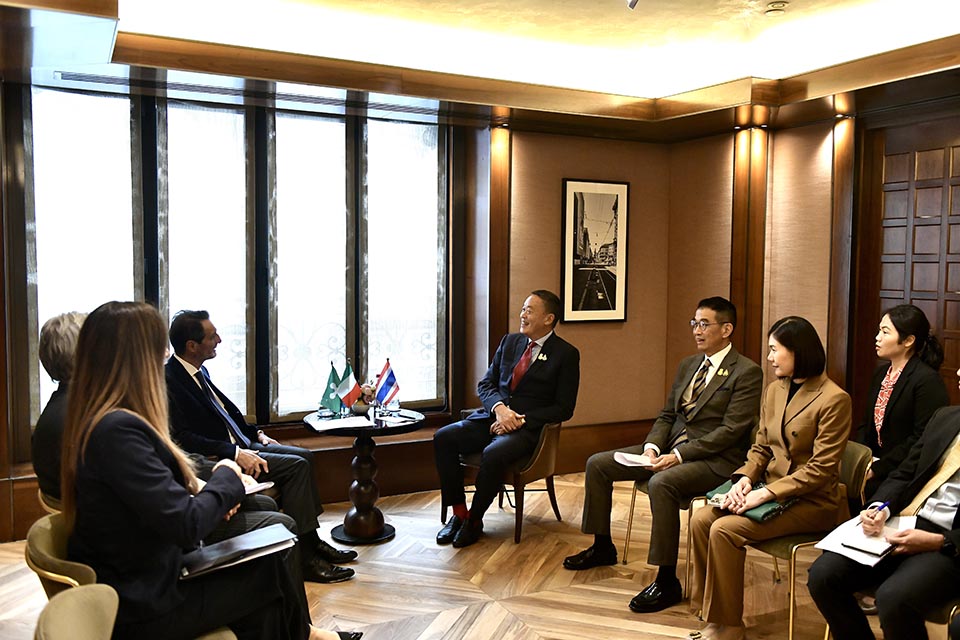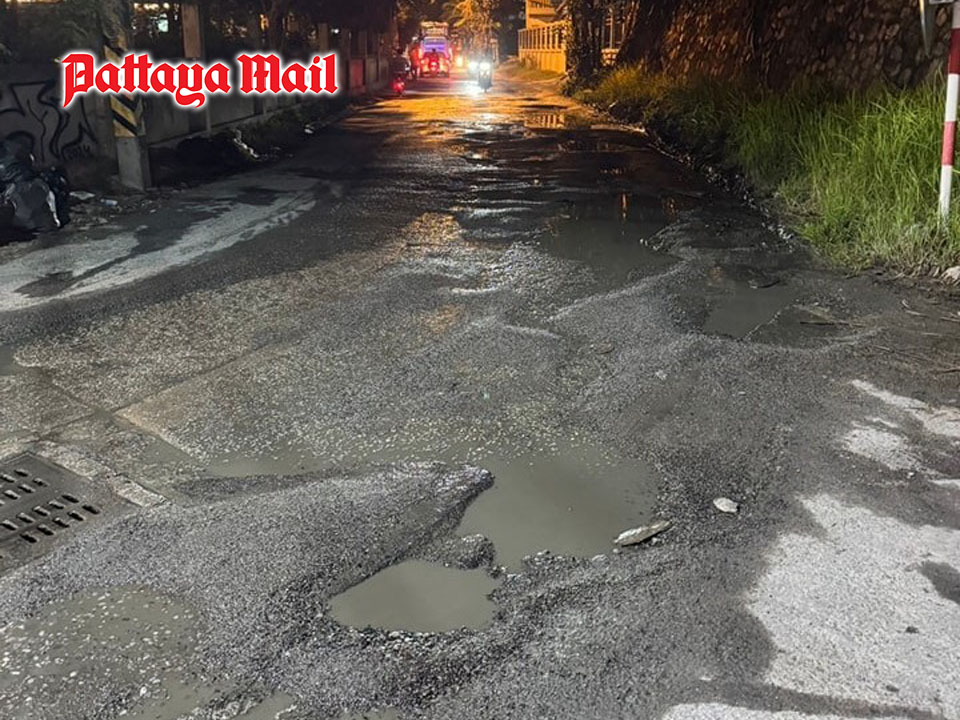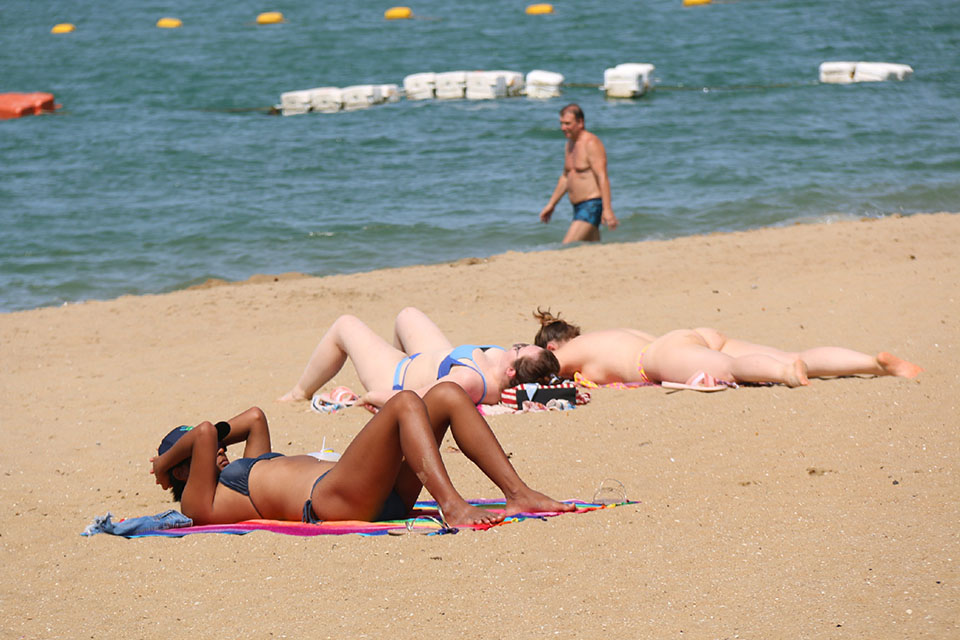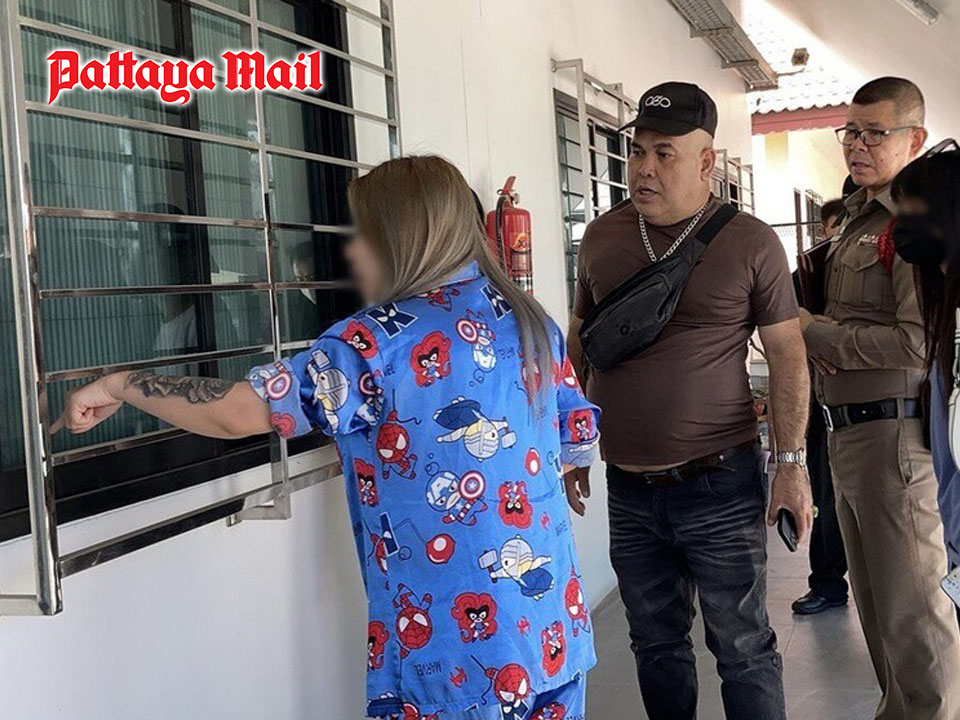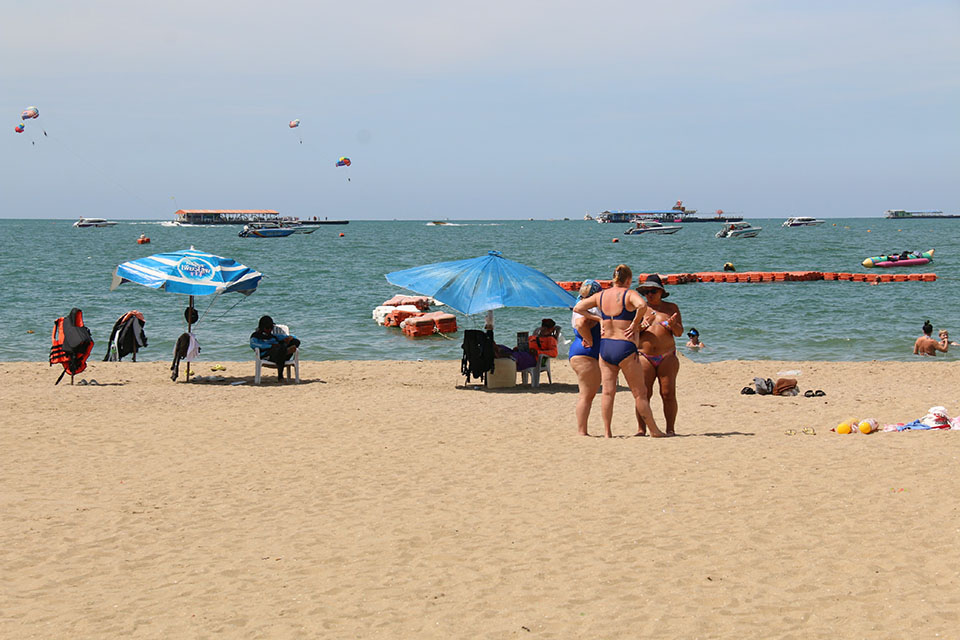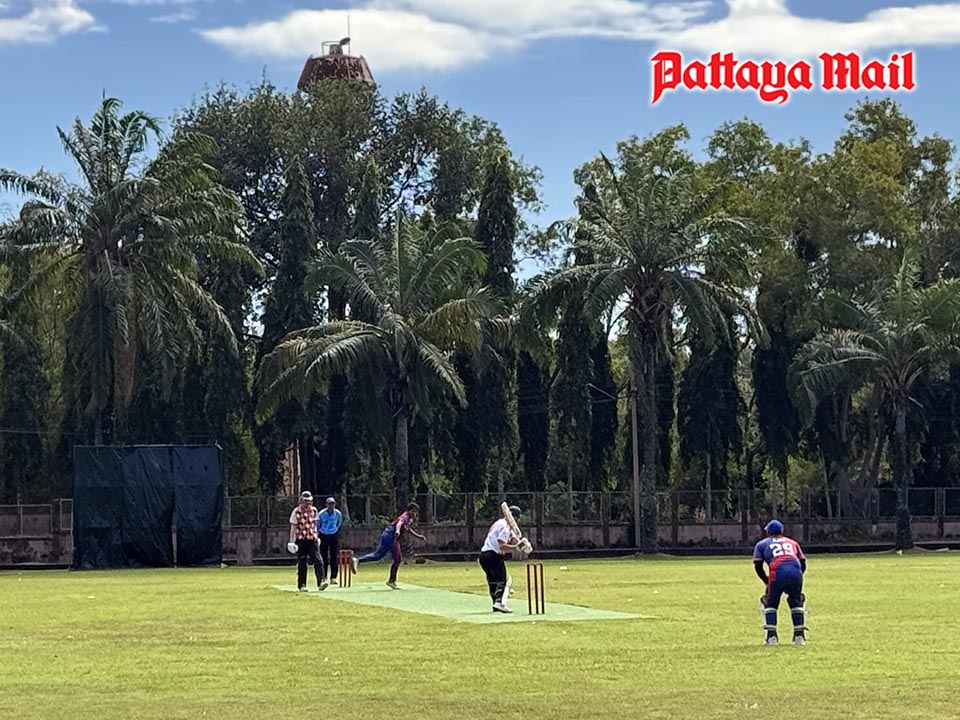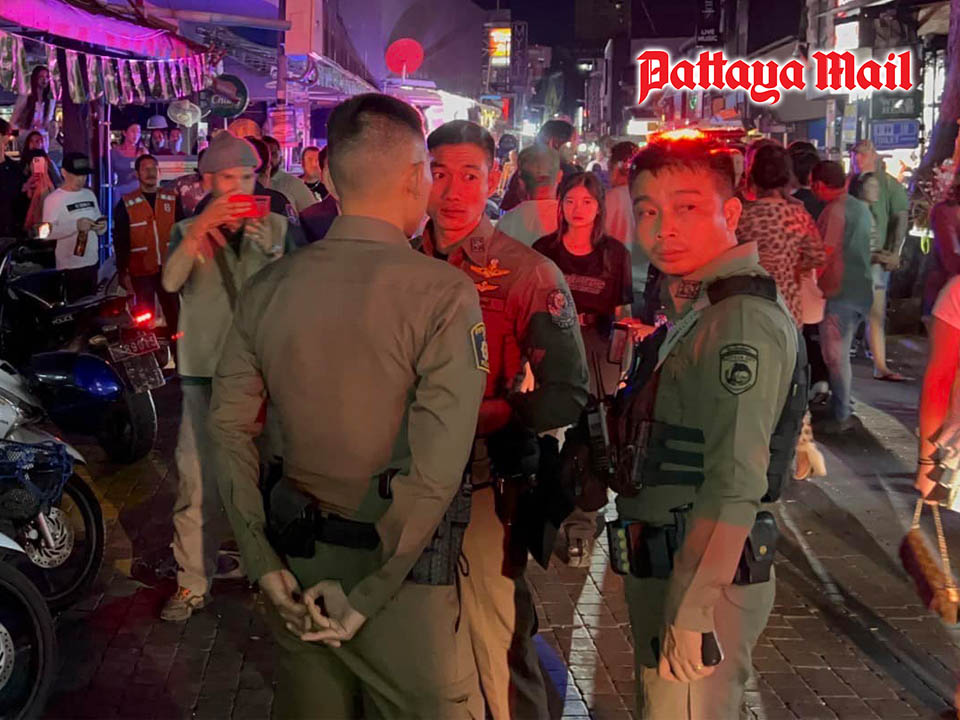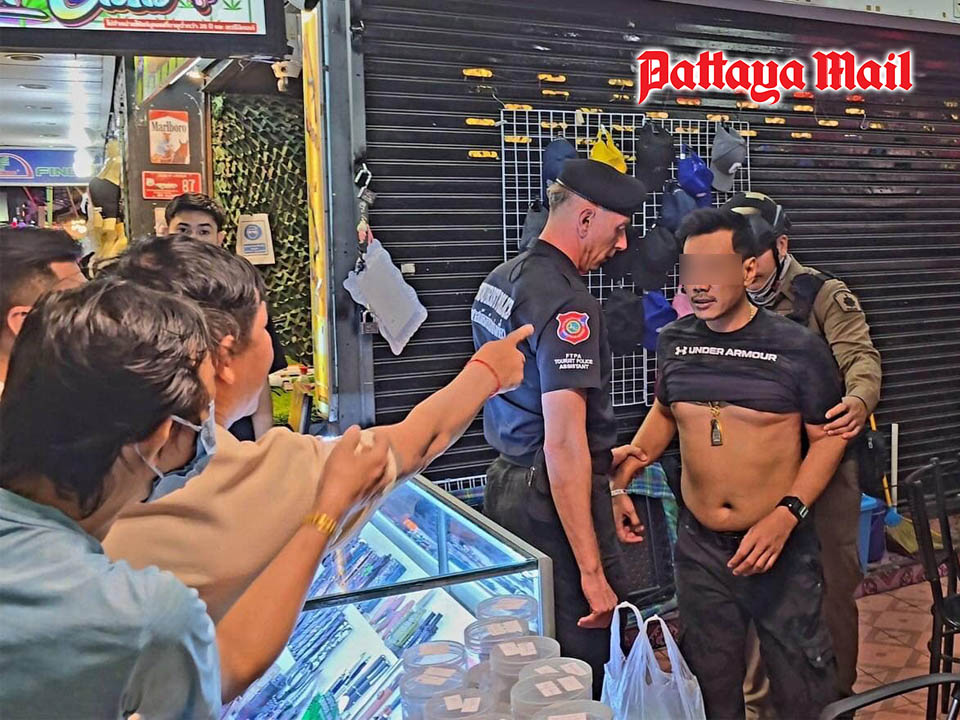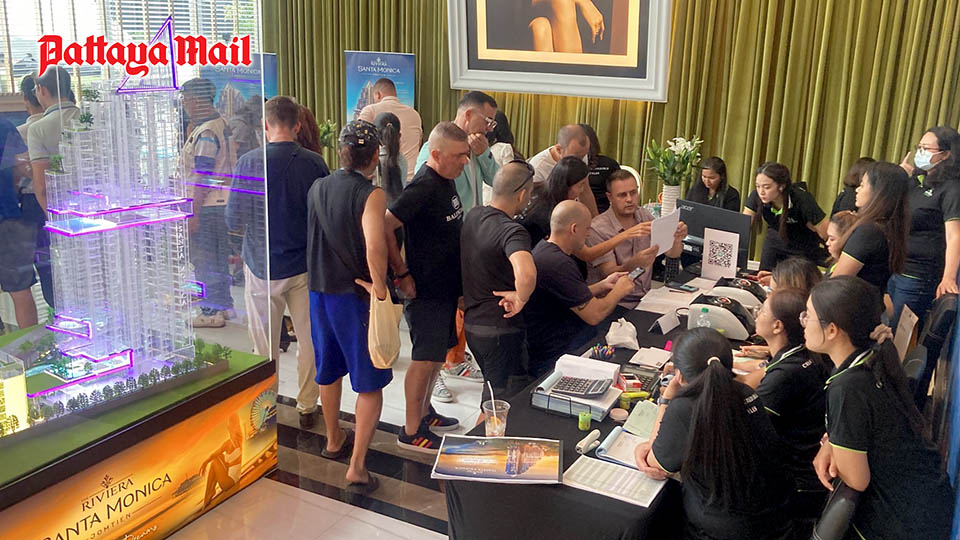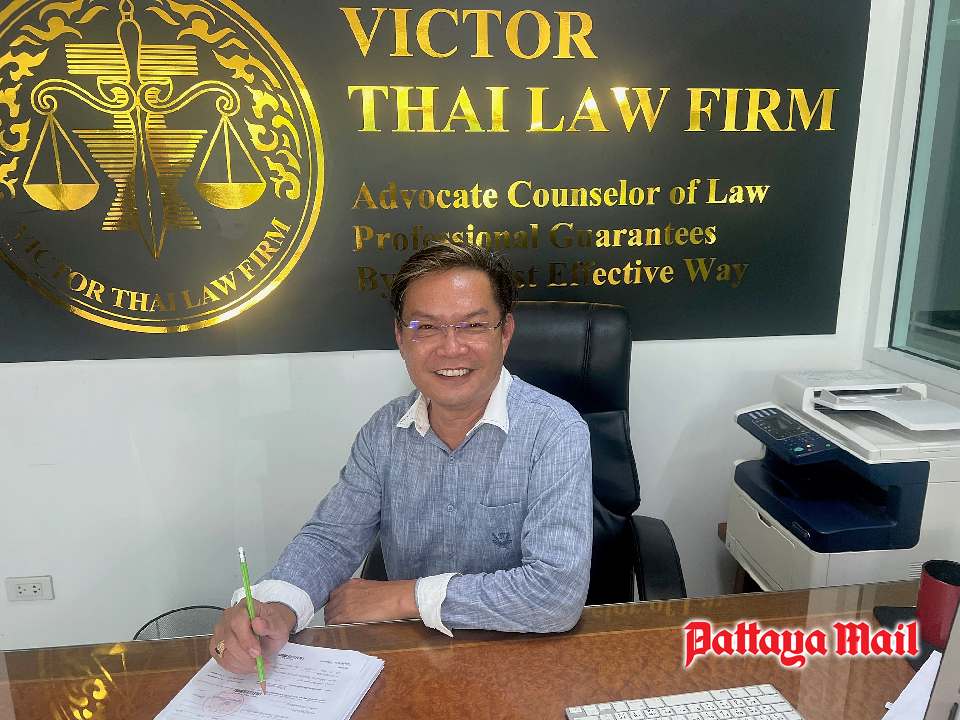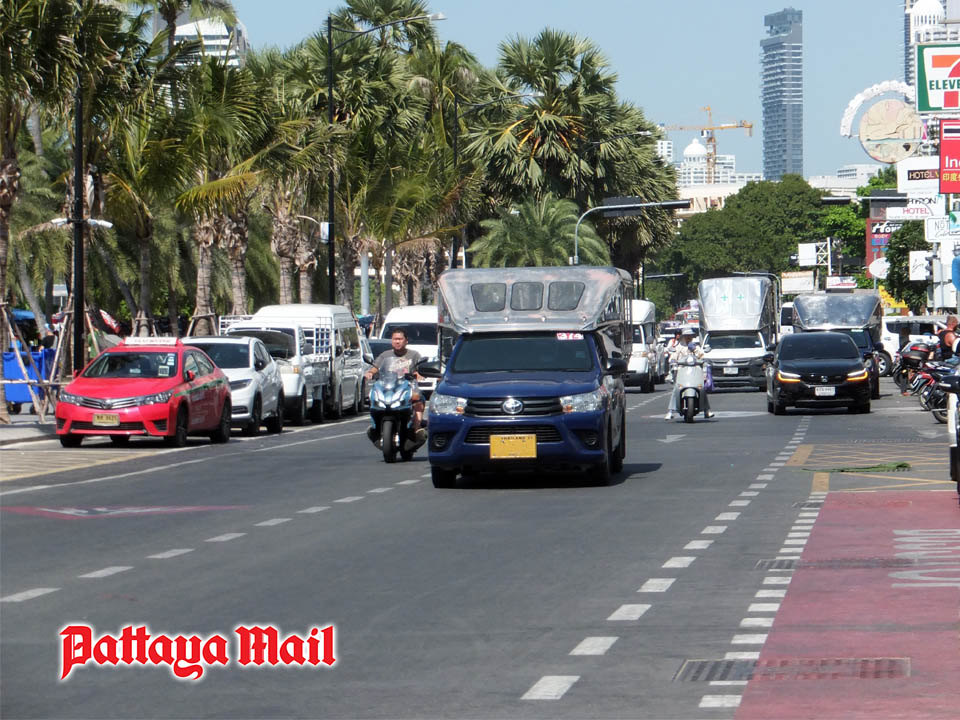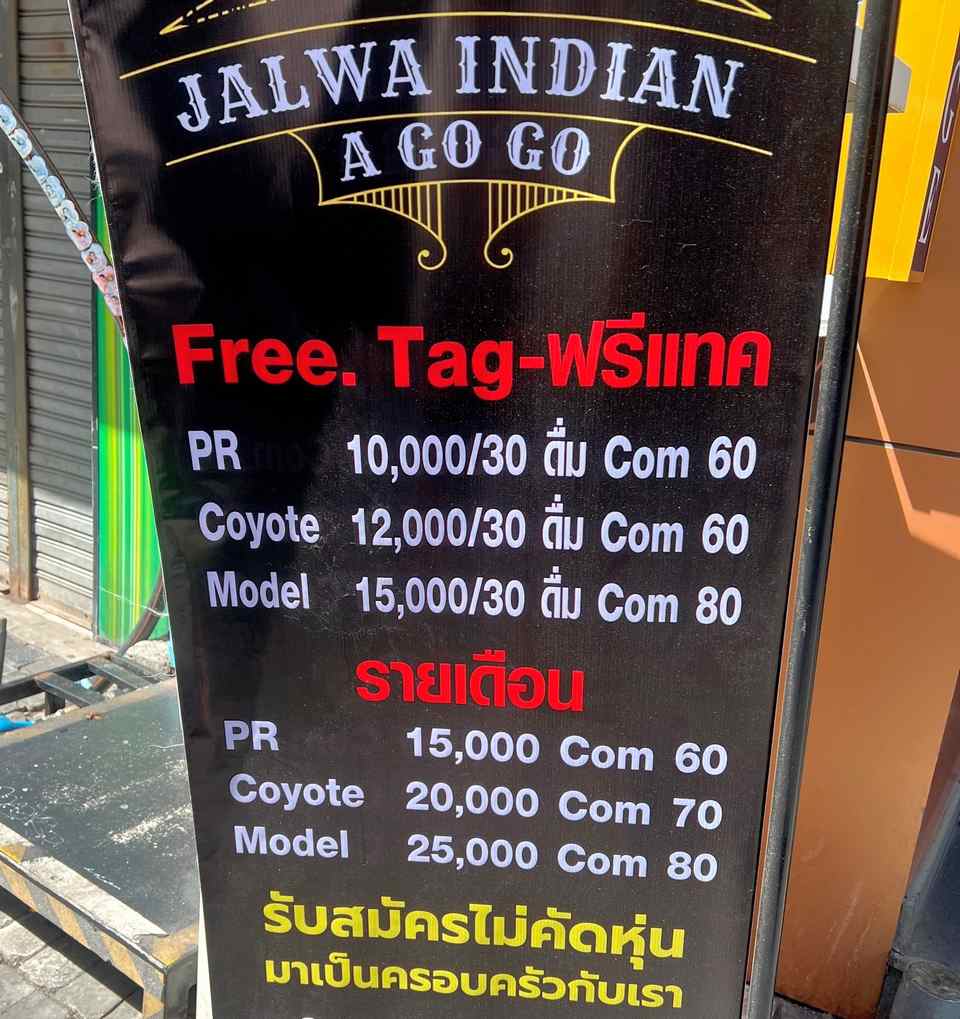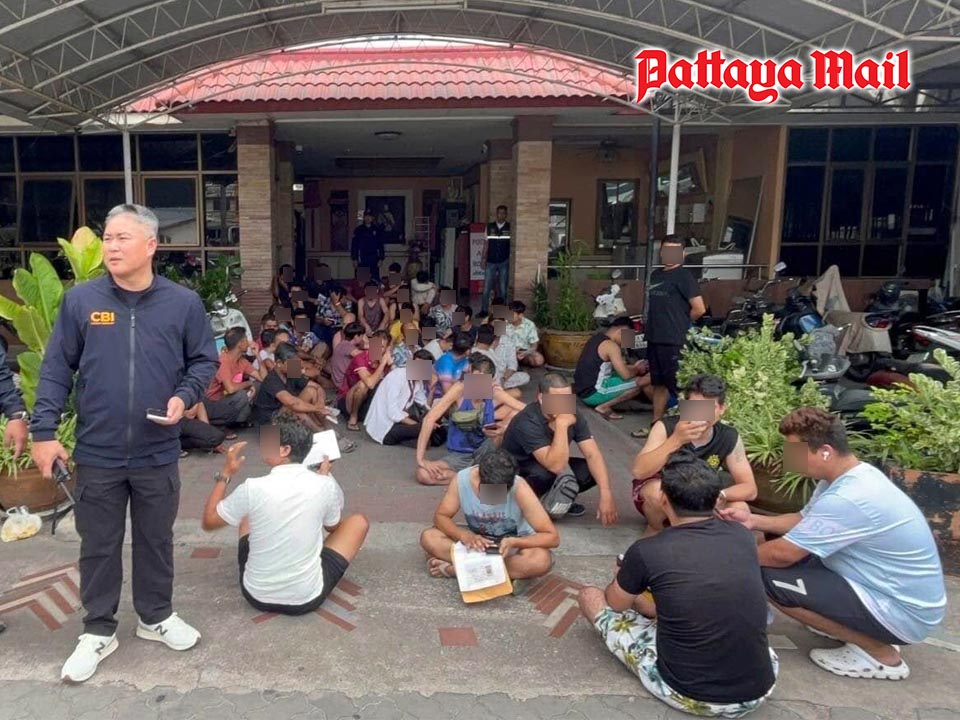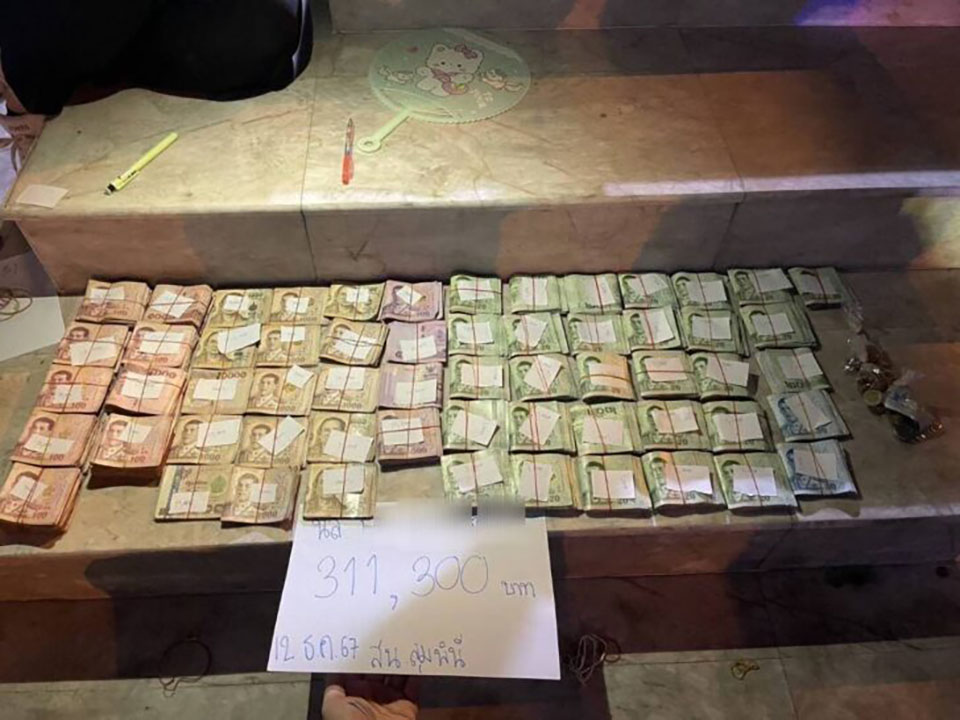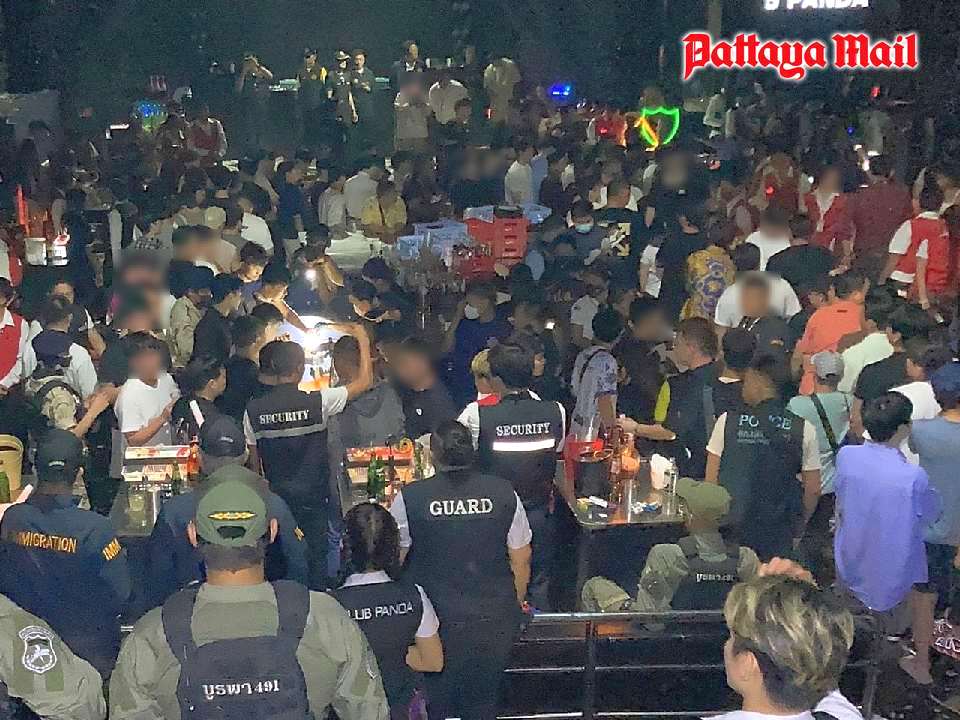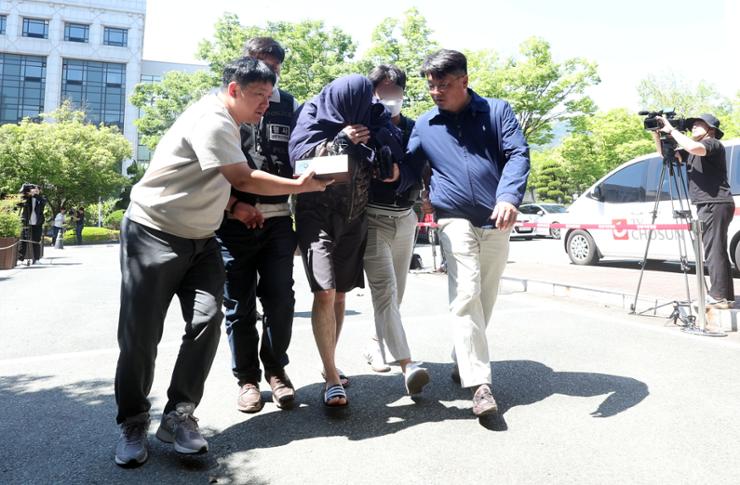A Korean national accused of kidnapping and murdering a fellow Korean in Pattaya, Thailand, arrives at Changwon District Court in South Gyeongsang Province on May 15 for a pre-trial detention hearing. Yonhap
By KTimes
The recent murder of a Korean tourist in Pattaya, Thailand, allegedly by another Korean, has prompted a travel advisory for Southeast Asia, highlighting the frequent targeting of Koreans, especially by their fellow nationals, in the region, despite a temporary decrease during the pandemic.
Following the Philippines, known for cases of extortion, Thailand has seen a rise in violent crimes that some have linked to the legalization of cannabis, necessitating caution when travelling to the country.
On May 11, a 34-year-old Korean tourist, identified as A, was found dead in a reservoir in Pattaya. The victim’s fingers were severed, and the body was concealed in a plastic drum, highlighting the brutality of the crime.
Even before the COVID-19 pandemic, Southeast Asia’s gambling and nightlife culture made it a hotspot for crimes targeting Koreans.
The Philippines, in particular, is notorious for its rampant gun violence and extortion, where pre-selected victims are lured into traps using prostitution as bait, then demand money in exchange for their release.
Thailand has emerged as a dangerous area, particularly due to drug-related issues. In June 2022, Thailand effectively legalized cannabis by removing it from the list of narcotics.
The negative effects were swift, with foreigners increasingly becoming victims. Last year, a foreign tourist died after drinking cannabis tea at a cannabis cafe on Walking Street in central Pattaya.
The deceased Korean tourist may also have been a victim of drug-related crime. The perpetrators demanded a ransom of 11.2 million won ($8,300) from A’s mother, claiming, “Your son discarded illegal drugs and suffered the consequences.”

Thai police examine a black plastic barrel filled with cement and a body, believed to be that of a South Korean man, in Pattaya, Chonburi province, Thailand, on May 11. AP-Yonhap
High alert on drug-related crimes
Other Southeast Asian countries are also not safe from drug-related crimes. In October 2016, Park Wang-yeol, who became known as the “drug king,” killed three Koreans in the Philippines and disposed of their bodies while using the country as a base to distribute large quantities of drugs worldwide.
As drug crime in Southeast Asia gains renewed attention, Koreans are growing fearful.
A 30-year-old office worker, only identified as Lee, said, “I was planning to travel to Thailand for my summer vacation, but I might change my plans. I’m worried not only about movie-like incidents but also about copycat crimes.”
Online communities have also shared testimonies, with one person stating, “(A) was kidnapped from a club that is very popular among foreigners. I once lost consciousness after drinking a beverage given to me by someone there.”
Korean Embassies are on high alert to ensure the safety of Korean tourists. The Korean Embassy in Thailand advised, “Check for cannabis-related symbols or ingredients listed on products or menus, and be cautious of cannabis specialty shops.”
Similarly, the Korean Embassy in the Philippines posted a “Guidance on Preventing Drug Crime Involvement” on its website last year. International drug cartels luring individuals into drug trafficking with promises of high-paying jobs through social media should also be approached with caution.
If someone is suspected of being missing, it is crucial to report it immediately to the local embassy or police.
The Korean Embassy in Thailand said, “Thai police typically accept missing person reports only after 24 hours of no contact, and it is essential for the concerned party to report directly to local law enforcement. Initially, report the case to the relevant Korean police station and inform the embassy about the missing person’s status.”
This article from the Hankook Ilbo, sister publication of The Korea Times, was translated by generative AI and edited by staff of The Korea Times.

